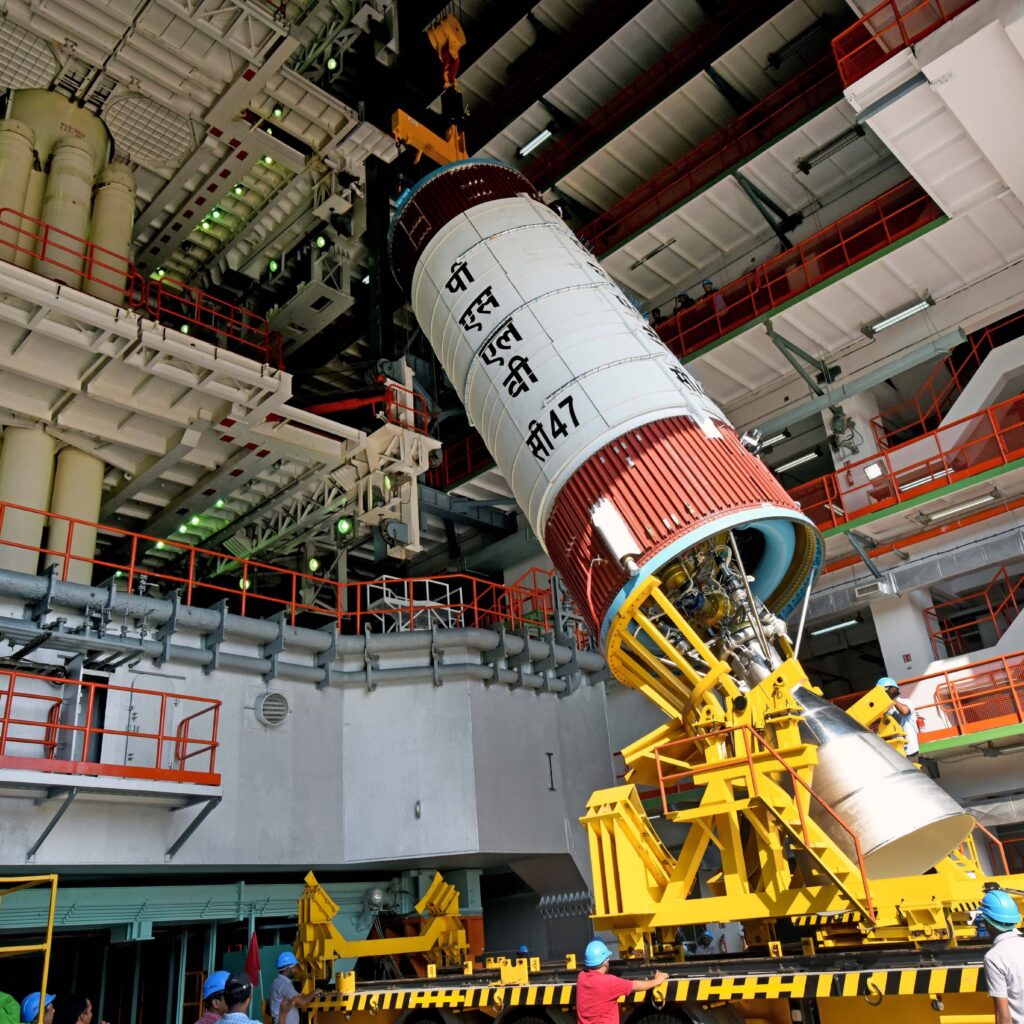
India’s space program has evolved dramatically since its inception in the 1960s. Today, it stands as a respected global player in the realm of space exploration. In this article, we’ll delve into the key factors that have propelled India to its current status and explore some of its significant achievements in space.
The Genesis of ISRO
In 1969, the Indian Space Research Organisation (ISRO) was established with a visionary goal: to develop and employ space technology for peaceful purposes. Over the decades, ISRO has not only adhered to this mission but also excelled in it, elevating India’s presence and influence in the international space community.
Strong Government Support
One of the cornerstones of India’s success in space exploration has been the unwavering support of the government. Generous funding and access to critical resources have empowered ISRO to design, develop, and deploy a variety of satellites and launch vehicles. This steadfast governmental commitment has been instrumental in driving India’s advancements in the field.
Pioneering Indigenous Technology
Integral to India’s rise as a space power has been the development of indigenous space technology. ISRO has made remarkable strides in creating its own satellites, launch vehicles, and other space systems. This homegrown capability not only reduces reliance on foreign imports but also fosters self-sufficiency in the space sector.
A Wealth of Talent and Innovation
India boasts a rich pool of scientists, engineers, and technicians actively contributing to the space domain. This collective expertise has significantly accelerated the development of new technologies and capabilities. In recent years, the emergence of numerous space startups has further catalyzed innovation in the industry.
Private Sector Participation
In a bid to promote innovation and participation in the space sector, the Indian government has introduced regulatory reforms to facilitate private sector involvement. This shift has led to a surge in startups that are not only driving innovation but also strengthening the industry’s overall vitality.
India’s Monumental Space Achievements
India’s journey to global space leadership is marked by several remarkable milestones:
1. Aryabhata – India’s Maiden Satellite
In 1975, India celebrated a historic moment by launching Aryabhata, its first satellite. This milestone demonstrated India’s commitment to space exploration and marked the beginning of its cosmic journey.
2. Mars Orbiter Mission (MOM) – A Red Planet Triumph
In 2013, India achieved a monumental feat by becoming the fourth nation to successfully send a spacecraft to Mars. The Mars Orbiter Mission (Mangalyaan) not only placed India on the world map but also showcased its technological prowess in the global space race.
3. Chandrayaan-1 – Unveiling Lunar Mysteries
In 2008, India embarked on a lunar mission with Chandrayaan-1, its maiden lunar probe. This mission made groundbreaking discoveries about the Moon, including the presence of water molecules, and paved the way for subsequent lunar explorations.
4. Small Satellite Launch Vehicle (SSLV) – Reusable Rockets on the Horizon
Scheduled for operational deployment in 2023, India’s Small Satellite Launch Vehicle (SSLV) promises to revolutionize space launches. Its reusability factor is poised to make space access more cost-effective and efficient.
5. Semi-Cryogenic Engine – Paving the Way for Advanced Launch Vehicles
India’s ongoing development of a semi-cryogenic engine for its next-generation launch vehicles represents a significant leap in propulsion technology. This engine, expected to be more powerful and efficient than current options, will enable India to launch heavier payloads into space with greater precision.
Future Prospects and Challenges
Despite the remarkable strides made, India’s space program faces several challenges:
1. High Costs of Space Exploration
Space exploration inherently demands substantial financial investments. Balancing budgets while pursuing ambitious projects is a continuous challenge.
2. The Need for Skilled Personnel and Advanced Technology
Sustaining a skilled workforce and staying at the forefront of technological advancements are vital for the space sector’s continued success.
3. The Imperative of International Cooperation
In an increasingly interconnected global space industry, forging and nurturing international alliances is imperative for mutual progress and problem-solving.
Conclusion
India’s journey from its humble beginnings in the 1960s to its current standing as a global space leader is a testament to its unwavering commitment, steadfast governmental support, indigenous innovation, and a skilled workforce. As India continues to surmount challenges and explore new frontiers, it remains poised to play a pivotal role in shaping the future of space exploration on a global scale.
